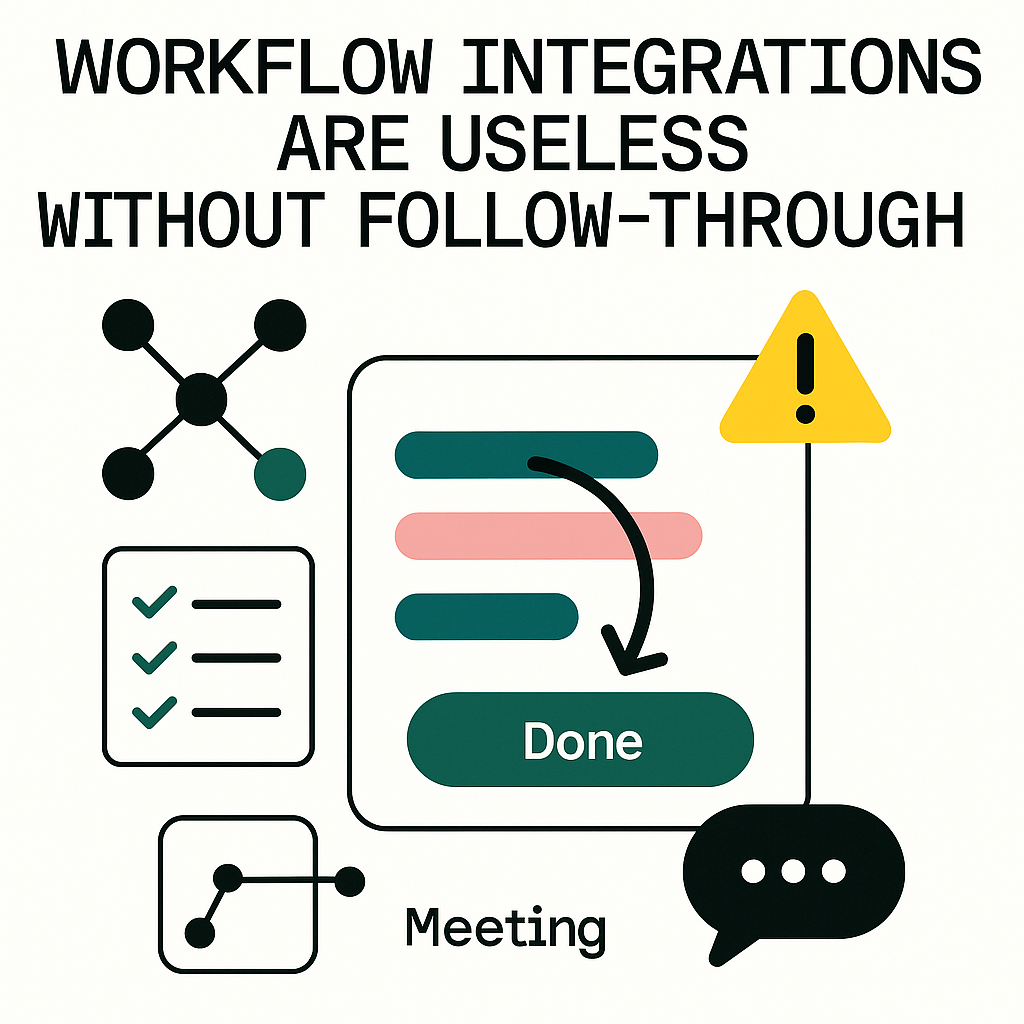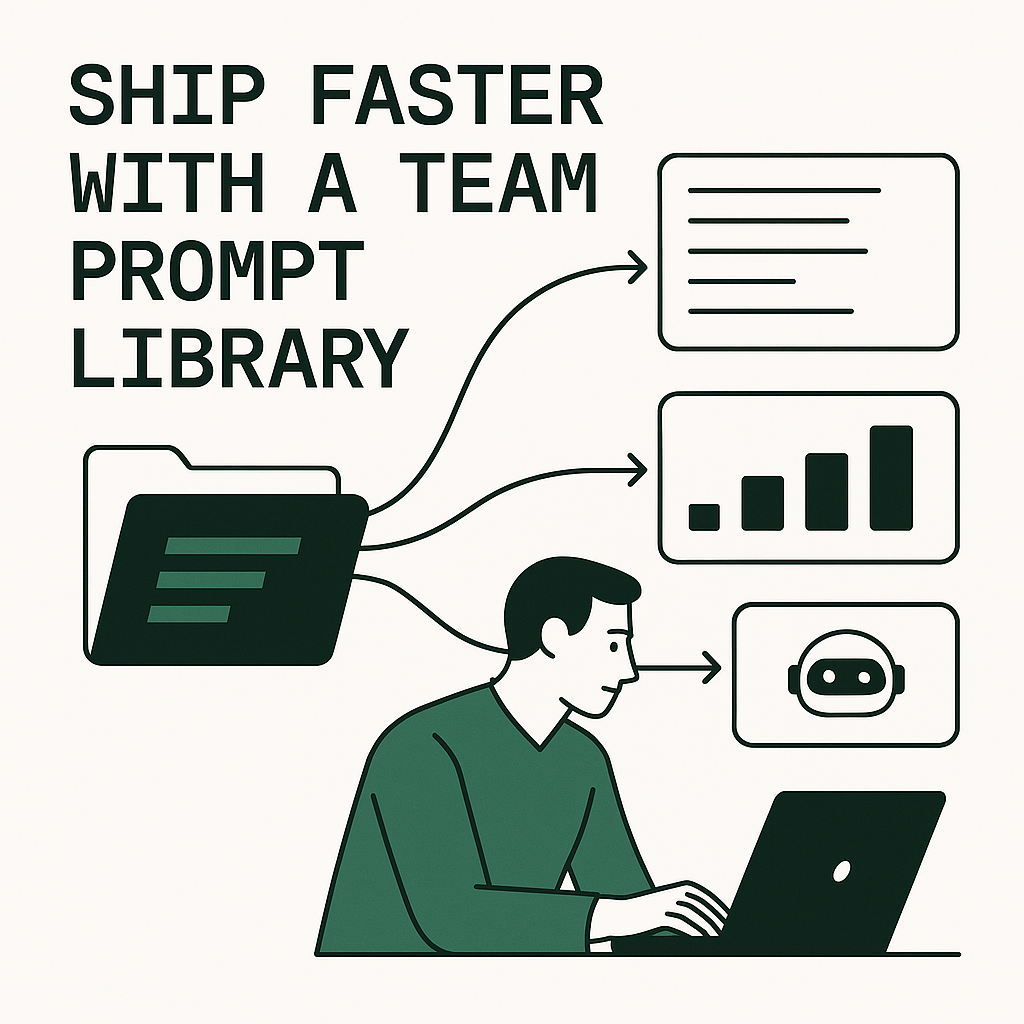Interviews Are Evidence-Gathering Missions—Not Gut Checks
Interviews are broken. We’ve all seen it happen—someone gets hired because they made a good impression or the interviewer just had a “good feeling” about them. But that’s exactly the problem. Too often, interviews are treated like casual conversations, where decisions are made based on intuition rather than real, structured data.
It’s like interviewing a ghost—you’re sitting across from a nebulous, intangible feeling with no real substance, and yet you’re trying to make one of the most crucial decisions for your team based on it. If we want to hire the best talent, interviews need to be treated like what they should be: evidence-gathering missions.
Gut Feeling Is Not a Hiring Strategy
Let’s get real. How many times have you heard someone say, “I just knew they’d be a good fit” or “I don’t think they’d work well here,” with zero substantial evidence to back it up? These gut feelings are often more about personal bias than candidate potential.
Hiring based on gut feelings is like trying to gather information from a ghost—something vague, fleeting, and impossible to pin down. We can’t afford to let something as critical as hiring—the backbone of our business growth—be decided by hunches or charisma. It’s time to rethink the interview from the ground up. And that starts with seeing interviews as data-driven investigations, where we gather specific evidence about a candidate’s behaviors, skills, and mindset before jumping to any conclusions.
Step 1: Extract Evidence First, Judge Later
The first step in this evidence-based approach is simple: stop making snap judgments. Before forming any conclusions about a candidate, focus on extracting evidence.
When we conduct interviews, our role is to dig for data—to understand how a person behaves in the face of challenges, how they think through problems, and how they interact with others. This isn’t about surface-level answers or charming anecdotes; it’s about collecting observable behaviors that demonstrate their real ability to do the job.
Questions like:
- “Tell me about a time when you faced a setback and how you handled it.”
- “Walk me through the most challenging problem you've solved recently.”
These are designed to get past the polished, rehearsed responses and uncover how a candidate actually operates. Not “What did you do?” but “How did you do it?” Not just the outcome, but the mindset and process that got them there. That’s the kind of evidence that predicts whether someone will succeed—not where they went to school or whether they had a fancy job title.
Step 2: Use AI to Enforce Rigor and Consistency
Let’s face it: humans are inconsistent. One interviewer might love a candidate’s confidence, while another might find it off-putting. These inconsistencies mean we’re often missing great talent or hiring people who look good on the surface but lack substance.
This is where AI and structured rubrics come in. AI doesn’t get tired, and it doesn’t have personal biases. It evaluates each candidate against the same criteria, providing a consistent, unbiased assessment of their responses. AI-powered rubrics can evaluate critical attributes:
- Problem-Solving Ability: Does the candidate show logical thinking, adaptability, and creativity?
- Behavior Under Pressure: Do they keep their cool, pivot effectively, and solve the challenge?
- Collaboration: How do they engage with others, influence, or lead?
AI helps us focus on real, tangible behaviors—the kind of evidence that drives success in the workplace—not just a good first impression. If we want top performers, we need to be disciplined about gathering the right evidence during interviews.
Step 3: Form a Hypothesis About Fit
Now, and only now, can we begin to form a hypothesis about whether this candidate is a good fit. Notice, we’re not making an absolute decision just yet—we’re forming a hypothesis based on the evidence gathered.
This hypothesis should consider:
- Skill Fit: Does the evidence show that this person has the skills to do the job well?
- Behavior Fit: Are they resilient, adaptable, and resourceful?
- Values Fit: Are they aligned with the company’s values in a meaningful way?
We’re treating this like a scientific process. We gather the data, form a hypothesis, and then, if we need more evidence—maybe another round of interviews or a skills assessment—we get it. We don’t rush to judgment based on first impressions or intuition.
The Consequences of Not Gathering Evidence
When interviews aren’t treated like evidence-gathering missions, we end up with bad hires—people who might have impressed us during a 45-minute conversation but who lack the substance to actually perform. Worse still, we pass over incredible talent because they didn’t fit into the interviewer’s mental model of a “perfect candidate.”
This old-school way of interviewing costs us time, money, and most importantly, the opportunity to work with the best people. It’s a process designed to perpetuate bias and mediocrity. We need a new approach.
Why Evidence-Based Interviews Are the Future
- Eliminating Bias: By focusing on structured evidence, we reduce the influence of personal bias. AI can analyze language, structure, and content without the distraction of subjective impressions, creating a fairer process.
- Consistent Quality: Structured rubrics and AI assessments mean we’re evaluating everyone by the same standards. No more inconsistency between interviewers; no more missed talent due to one person’s skewed perspective.
- Better Hiring Decisions: It’s about predictive validity—gathering the kind of evidence that’s actually predictive of success on the job. We know that what someone has done in the past isn’t always predictive of what they’re capable of in a new environment. But how they think, how they solve problems, how they deal with failure? That’s where the real signals lie.
- Empowering Candidates: This approach also benefits candidates. Evidence-based interviewing provides clarity—if a candidate isn’t selected, they receive constructive feedback based on real data, helping them understand where they can improve. It’s about respect and empowerment, making the hiring process more human, even as we leverage AI.
The Takeaway: Stop Hiring Based on Vibes
The truth is, hiring based on gut feelings and vibes doesn’t cut it anymore. It’s unfair, inconsistent, and leads to bad outcomes. Interviews should be about gathering evidence—real data that tells us who this person is, what they’ve done, and how they’ll likely perform in the future.
No more interviewing ghosts. We need to start interviewing like scientists—curious, disciplined, and driven by evidence. Only then can we make decisions that are data-driven, fair, and built on the substance of a candidate’s actual capabilities.
That’s how we build a workforce of impact. No more guesses, no more gut feelings—just the truth about who’s truly capable of moving our companies forward.



